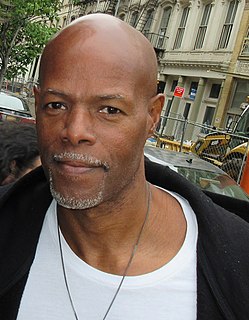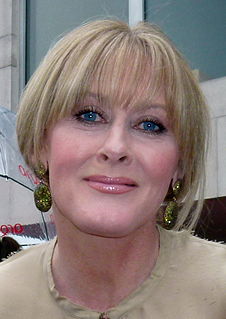A Quote by David Lowery
I think, with 'St. Nick,' when you're working with a smaller budget, you have fewer risks involved. You're able to take chances with style and content.
Related Quotes
The trouble is that the risks that are being hedged very well by new financial securities are financial risks. And it appears to me that the real things you want to hedge are real risks, for example, risks in innovation. The fact is that you'd like companies to be able to take bigger chances. Presumably one obstacle to successful R&D, particularly when the costs are large, are the risks involved.
I wish that more people were willing to turn down upfront money in exchange for doing things that are more original. Turning down a seven-figure check has a ripple effect on the budget, which has a ripple effect on the storytelling. The higher the budget gets, the fewer storytelling risks you're able to take.
When you raise the budget, you make creative compromises. The higher the budget goes, the more cuts in your movie happen. When people talk about how movies are watered down, that's a direct reflection of money and budget. The less money you spend; the more risks you can take. That doesn't mean it will be successful, but at least you can try different stuff. The higher your budget is, the less you can do that.
We're just one cog in this giant machine. You show up and look at all the other cogs like, "Wow, everyone is the best at what they do." You're in really good hands. And that frees you up to play and feel safe, and you can take chances, creatively. You can take risks. I want to show up to work and take risks. I don't ever want to play it safe.





































